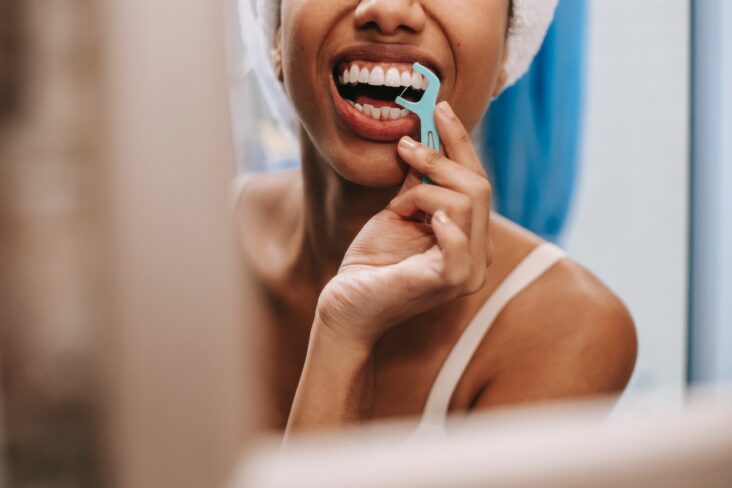Oral health is an essential aspect of overall health. Dental health indicates a person’s general well-being, and dentists are crucial in maintaining optimum oral health. Regular dental check-ups are important to prevent and detect oral health problems such as tooth decay, gum disease, and oral cancer. Dentists assess the patient’s oral health during a dental visit to identify potential problems and recommend treatments or preventive measures. This article explores the ways dentists assess oral health.
1. Visual Examination
The first step in assessing oral health is a visual examination. Dentists use a mirror and a bright light to examine the teeth, gums, and other oral tissues. The dentist looks for signs of decay, cavities, gum disease, and other oral health problems. The visual examination can reveal a lot about a patient’s oral health, including the condition of the teeth, the color of the gums, and any abnormal growths or lesions.
2. Radiographic Examination
In addition to the visual examination, dentists may use radiographs or X-rays to assess oral health. Radiographs provide a detailed view of the teeth, gums, and other oral structures that are not visible during a visual examination. X-rays detect dental problems such as cavities, impacted teeth, and bone loss. Dentists may recommend radiographs at different intervals depending on the patient’s age, dental history, and risk factors.
3. Periodontal Examination
Dentists also assess the health of the gums during a dental visit. The periodontal examination involves measuring the depth of the pockets between the teeth and gums. Healthy gums have shallow pockets, while gum disease causes the pockets to deepen. The dentist may also check for bleeding, inflammation, and recession of the gums. The periodontal examination can help identify gum disease in its early stages and prevent further damage to the gums and teeth.
4. Oral Cancer Screening
Oral cancer is a serious condition that can be life-threatening if not detected and treated early. Dentists may perform an oral cancer screening during a dental visit to check for signs of cancer or precancerous lesions. The screening involves visually examining the oral tissues, including the tongue, lips, cheeks, and throat. The dentist may also palpate the neck lymph nodes to check for abnormalities. Early detection of oral cancer is critical for successful treatment, and regular screenings can help identify potential problems.
5. Assessment of Dental Restorations
Dental restorations such as fillings, crowns, and bridges are important in maintaining oral health. During a dental visit, dentists assess the condition of existing restorations to ensure they are functioning properly and not causing any problems. The dentist may also check for signs of wear, decay, or damage to the restorations. If necessary, the dentist may recommend replacing or repairing a restoration to prevent further damage to the tooth.
6. Assessment of Occlusion
Occlusion refers to how the upper and lower teeth fit together when biting or chewing. A misaligned bite can cause dental problems, including tooth wear, jaw pain, and headaches. Dentists assess the patient’s occlusion during a dental visit to check for any abnormalities. The dentist may ask the patient to bite down on a special paper to check for any areas of high pressure or uneven wear. If necessary, the dentist may recommend orthodontic treatment to correct the bite.
7. Assessment of Oral Hygiene
Oral hygiene is essential for maintaining good oral health. Dentists assess the patient’s oral hygiene practices during a dental visit to identify areas needing improvement. The dentist may ask the patient about their brushing and flossing habits and provide recommendations for improving oral hygiene. The dentist may also demonstrate proper brushing and flossing techniques to ensure the patient uses the most effective methods.
Conclusion
Regular dental check-ups are critical for maintaining optimum oral health. During a dental visit, dentists assess the patient’s oral health using various techniques, including visual examination, radiographic examination, periodontal examination, oral cancer screening, dental restorations assessment, occlusion assessment, and oral hygiene assessment. Dentists can identify potential problems early by recommending treatments or preventive measures to maintain or improve oral health.
Book an appointment at Watertown Dentistry for a qualified dentist in Newton, MA! We specialize in preventive and cosmetic dentistry, particularly ceramic bridgework technology, implants, and crowns to restore teeth to their natural state. Call (617) 600-3442 for more information, or book an appointment through our website!

